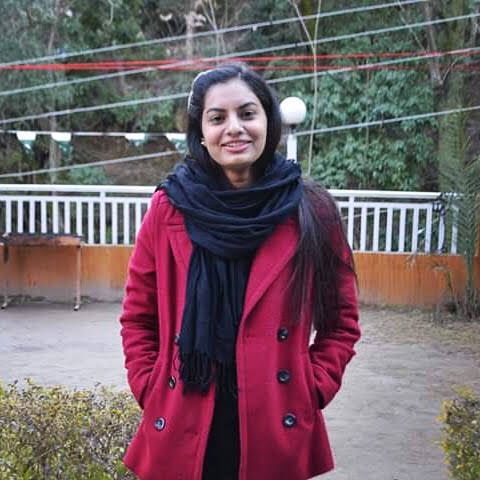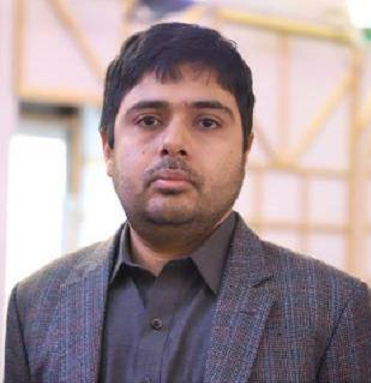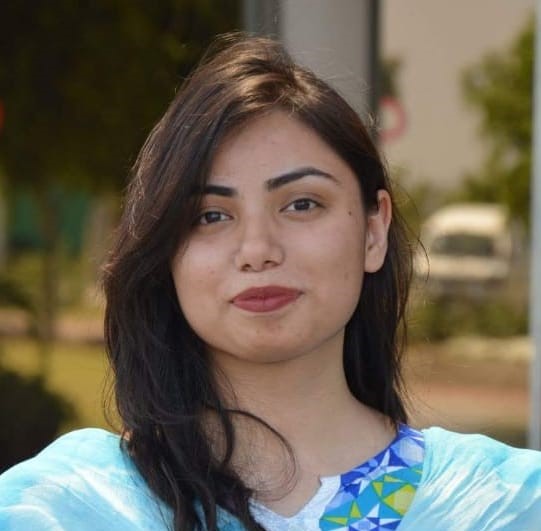Our Team

Prof. Dr. Amjad Ali
Principal Investigator

Farah Anwer
PhD Student

Zaara Ishaq
PhD Student

Maaz Waseem
PhD Student

Samavi Nasir
Research Assistant
Our Alumni & Collaborators

Dr. Muhammad Tariq Saeed
Associate Professor
Principal Investigator of Image Processing Lab at School of Inter-disciplinary Engineering and Sciences (SINES), NUST.

Dr. Anam Naz
Faculty Member
University of Lahore

Dr. Nimat Ullah
Postdoctoral Fellow
NYU Langone Health
NYU Grossman School of Medicine
Department of Microbiology
MSB 352, 550 First Ave, New York, NY 10016

Dr. Ayesha Obaid
Assistant Professor
University of Haripur, Khyber Pakhtunkhwa.

Tahreem Zaheer
PhD Student
Indiana University Bloomington, USA

Hamza Arshad Dar
PhD Student
KAIST, South Korea
